
“Victims never forget, and acknowledging their suffering is an essential part of any credible transitional justice effort.”
In a recent interview with Al-Quds Al-Arabi, Robert emphasized the need for accountability to prevent victims from resorting to “revenge justice”, which could plunge Syria into chaos. He highlighted the importance of Syrian-led accountability efforts and the IIIM’s role in delivering justice for thousands of victims. Read the full article (Arabic) here.

©Keystone/Salvatore Di Nolfi
IIIM Head participated in an HRC side event


“We want transitional justice for all of Syria. This justice has to happen.” Fadwa Mahmud
Geneva, March 19 – The pain of not knowing and not yet receiving justice was conveyed by Syrian relatives and civil society representatives during a moving side-event to the 58th Human Rights Council. Robert Petit, Head of the IIIM and others joined Fadwa Mahmud from the Victims and Families Association and Bushara Hamdan from Civil Peace Group as they led a minute’s silence to honour the many Syrians that had been lost.
During the panel discussion on ‘Transitional justice, missing persons, civil society, and the role of UN mechanisms’, Mr. Petit thanked Ms. Mahmud for her remarks, saying, “I am always very humbled to hear Fadwa and others who through their courage and their honesty make us realize that we need to do our best to try and bring some justice and closure to their experiences”

The other speakers included Germany’s Deputy Permanent Representative to the UN, Nikola Gillhof, Karla Quintana, Head of the Independent Institution on Missing Persons; Lynn Welchman, Commissioner from the UN Commission of Inquiry on Syria; and it was moderated by Mayssa Achek from the Cairo Institute for Human Rights Studies.
Statement by the Head of the International, Impartial and Independent Mechanism (IIIM), Robert Petit, on Syria
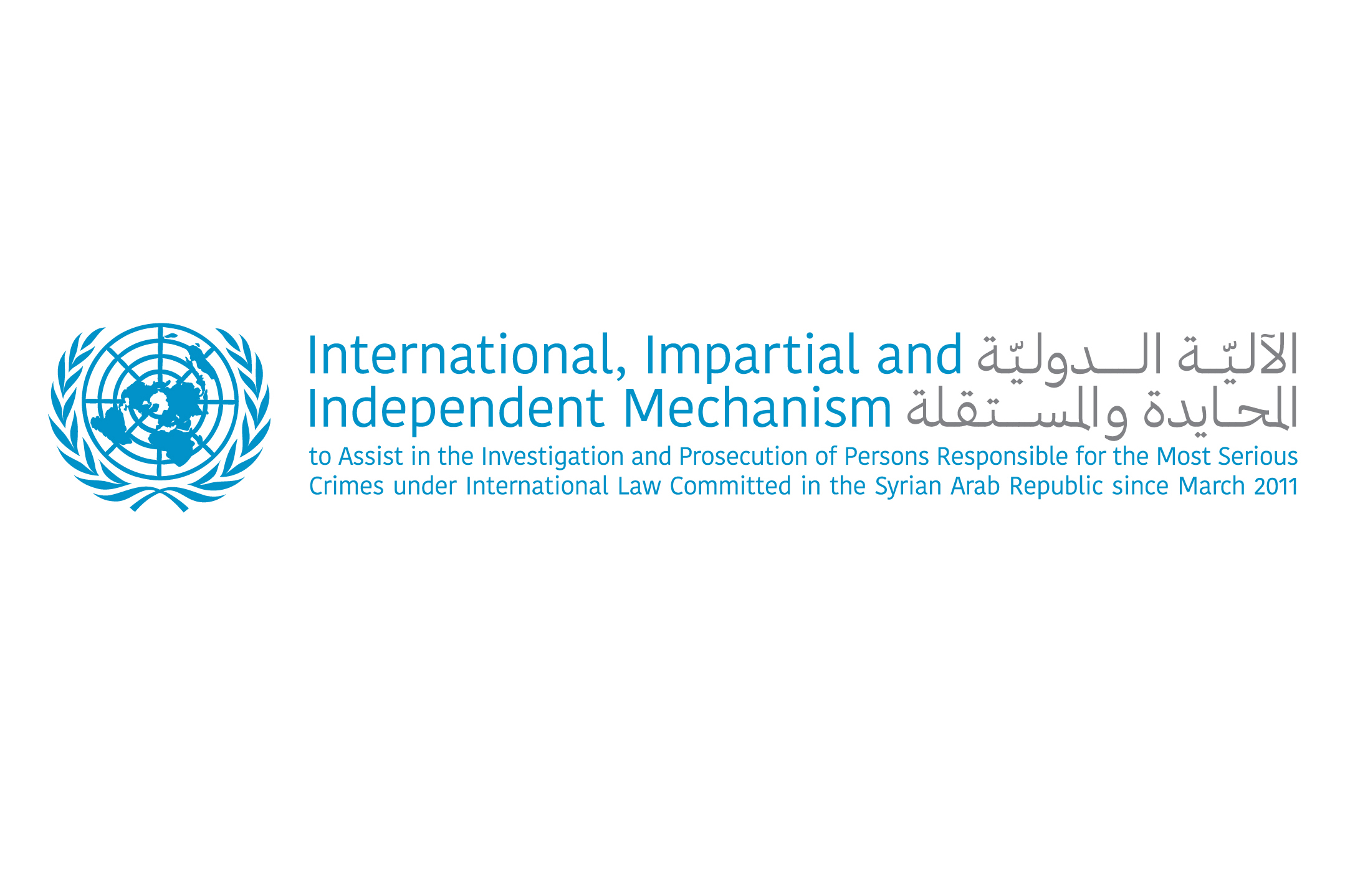

This year, we mark the anniversary of the Syrian people’s uprising during the holy month of Ramadan—a time that reminds us of our shared humanity and the values of compassion and dignity. Fourteen years ago, peaceful protests were met with military violence and led to a devastating conflict that inflicted immeasurable suffering on millions.
Today there is a new reality. Now more than ever it is clear that ensuring a sustainable peace is complex and requires coordinated and sustained efforts. These efforts must include upholding the rule of law, ensuring the dignity of each citizen and building a framework that delivers comprehensive justice.
The people of Syria have now endured fourteen years of profound challenges and hardships. Throughout these years, we have witnessed unimaginable human suffering alongside extraordinary acts of resistance and an unwavering commitment to justice and accountability by the many victims and survivors.
The documentation now accessible within various facilities across Syria will help establish a clearer understanding of the systems sustaining the brutal and inhumane experiences many Syrians faced, and I hope it will contribute to judicial processes that hold the perpetrators to account. The countless number of Syrians whose lives have been fundamentally altered by this conflict deserve to see those most responsible tried in fair and competent courts of law.
While the IIIM continues its efforts to fulfil its mandate, we recognize that behind every statistic are human stories and lives. Our commitment to supporting documentation efforts and preservation of evidence is guided by the principle that truth forms the foundation for reconciliation and healing. We work alongside other UN bodies with a shared commitment to truth and justice as core pillars for Syria’s institutions. However, lasting stability in Syria can only be driven by the needs and aspirations of its people.
The IIIM reaffirms its dedication to supporting the Syrian people through its mandated role, while upholding the principles of inclusive and comprehensive justice. We remain hopeful that through coordinated cooperation, and the support of the international community, Syrians will build a future upon the foundations of justice and accountability.
Geneva, 14 March 2025
Anadolu Agency interview with IIIM Head
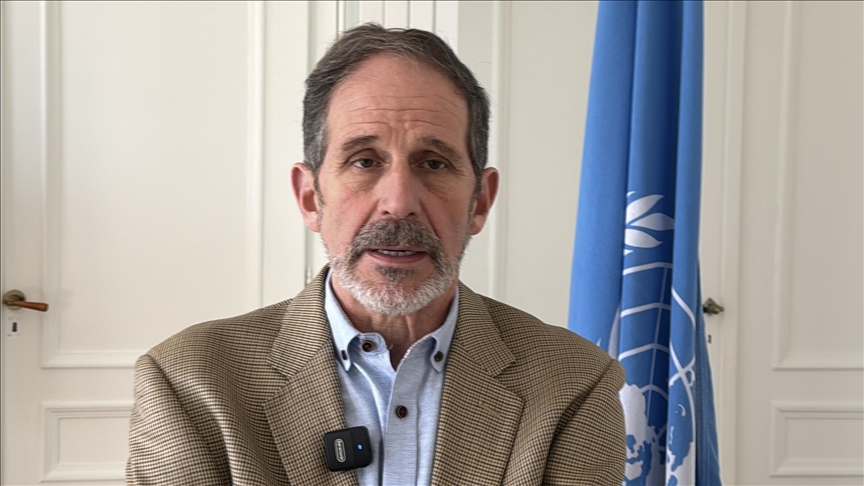

In an Interview with Anadolu Agency, IIIM Head, Robert Petit, discussed the aftermath of the Assad regime’s overthrow in Syria on December 8, and its impact on the IIIM’s operations.
Mr. Petit highlighted the violations that were committed during the conflict, “There was no justice in Syria. For those who were committing these crimes there was total impunity”. He also referenced that just two days before the fall of the Assad regime, the IIIM had released a report documenting over a 100 detention centers where Syrians were illegally imprisoned, detained and tortured for years.
Read the full article here in English and original one in Turkish here.

©Muhammet İkbal Arslan/AA
Le Temps Interview with IIIM Head
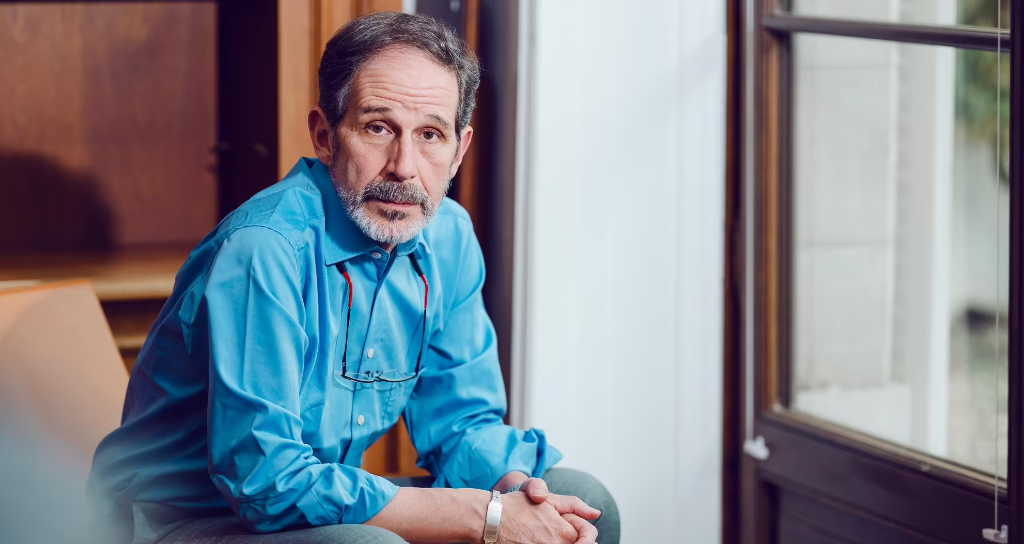

In an interview with Le Temps, Robert Petit, Head of the IIIM, spoke about the impact of Syria’s regime fall on its work.
“This is a fundamental change that, in theory, grants us access to crime scenes and new evidence against those responsible for the crimes committed in Syria since 2011,” said Petit. “It is important to remember that it is the Syrian government’s violent crackdown on peaceful protests led to the events we now know. December 8 marks the beginning of a new chapter for Syria.”
Robert emphasized the urgency of preserving evidence, warning that valuable materials could disappear if not secured quickly. “The sooner we can be on the ground, the better. We plan to open an IIIM office in Syria,” he added.
Read the full article here.

©Nora Teylouni / Le Temps
Ministerial Briefing for supportive Member States
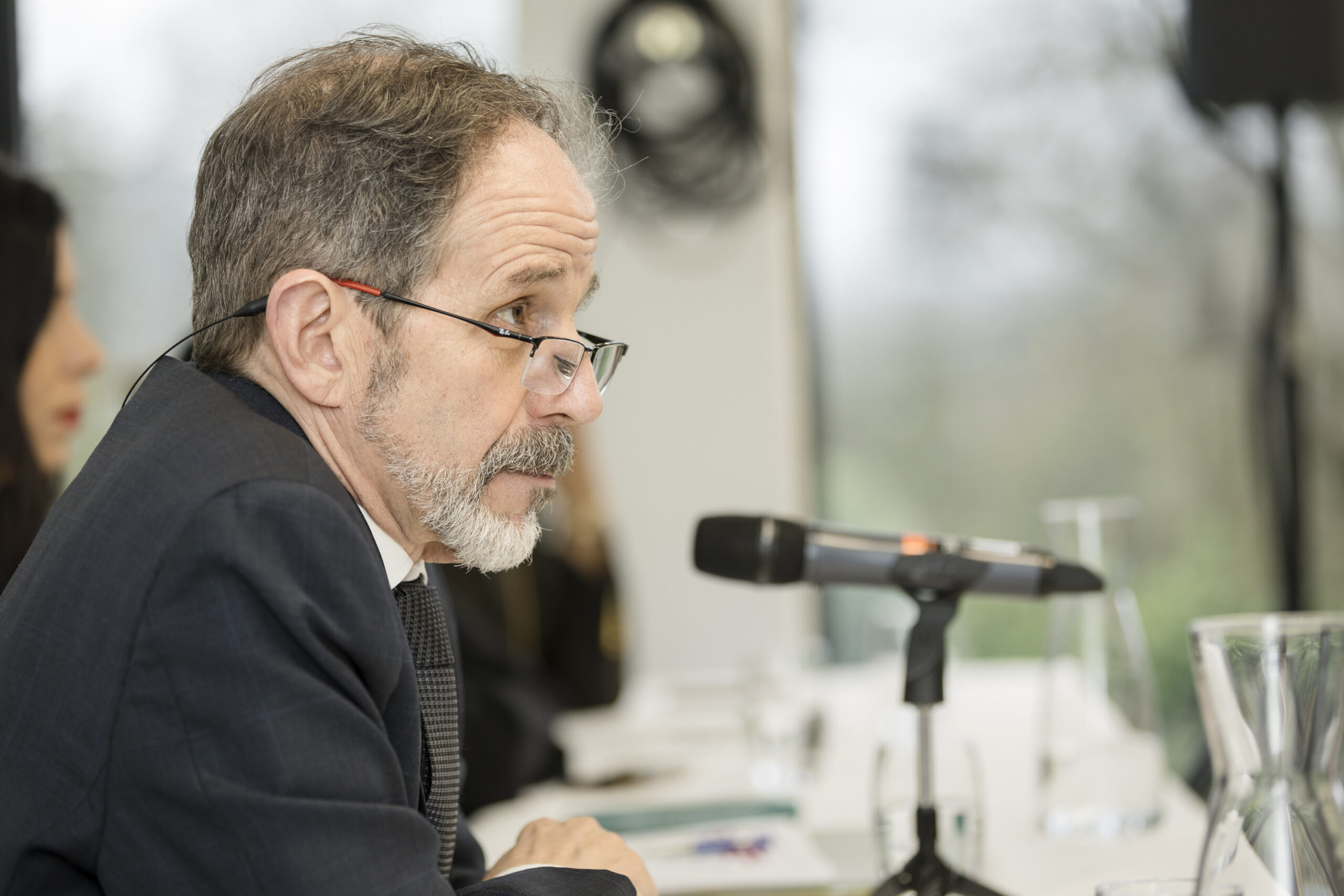

“Now is the moment to build a future Syria based on justice and the rule of law…Now is the moment for the international community to deliver on its promise of “never again”, to help deter future violence and acts of revenge.”
Geneva 25 February – The Foreign Minister of Liechtenstein, H.E. Ms. Dominique Hasler, and the Minister of State of Qatar, H.E. Ms. Maryam bint Ali bin Nasser Al Misnad, hosted a ministerial-level briefing for the IIIM and supportive Member States earlier last week. Ministers and other diplomatic representatives reiterated their support for the IIIM and the need to advance on accountability-related efforts swiftly. The briefing was especially notable as it marked the first-ever participation of an official representative of the Syrian Arab Republic. The Syrian Ambassador to the UN conveyed his authorities intentions to work with the IIIM towards transitional justice.
During the meeting, Mr. Petit gave an overview of the IIIM’s achievements over the years, including its support, and its recent engagement with the caretaker authorities, in particular Foreign Minister, Mr. Al-Shaibani. “I had a constructive introductory meeting with him. There is a clear interest to cooperate with entities such as the Mechanism, while we are still waiting for an official green light to operate in Syria in accordance with our mandate.”
Mr. Petit also expressed his appreciation for the instrumental role Liechtenstein and Qatar played in the establishment of the IIIM in 2016 in the General Assembly, thanking them and other Member States for their ongoing support. Given the recent change in situation and previous budgetary shortfalls, Mr. Petit reiterated the IIIM’s estimated funding gap of approximately USD 7.5 million.
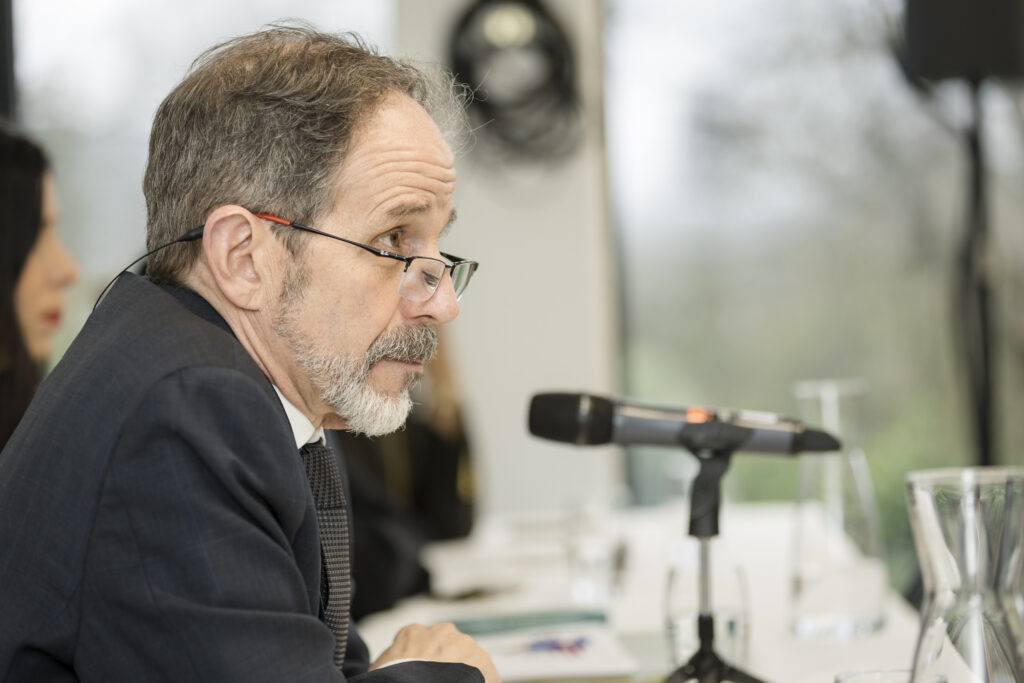
©Thomas Ruhland
Voices on the IIIM- Testimonials from Competent Jurisdictions


In this overview, beneficiaries of IIIM support share their perspectives on the value of the Mechanism’s work.

Munich Conference 2025
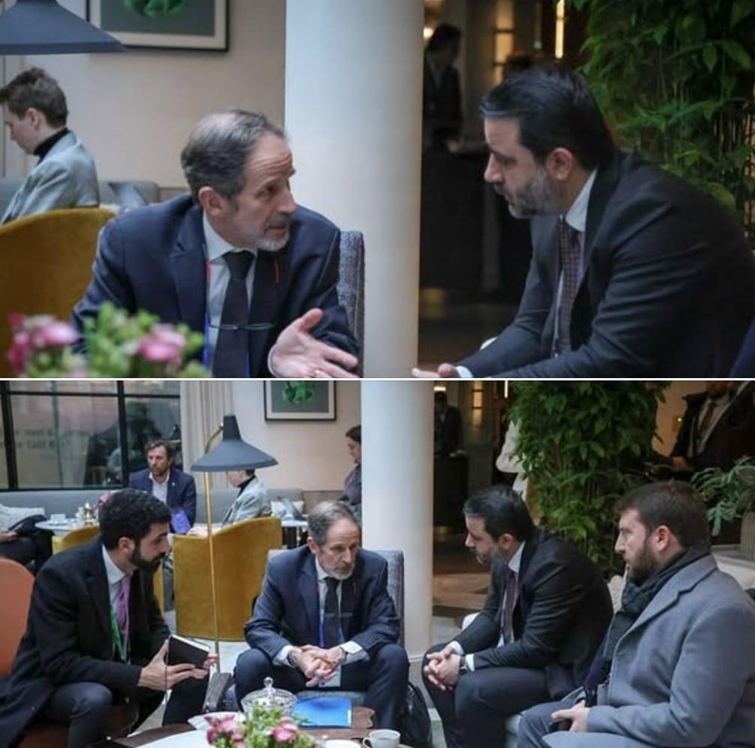

At the Munich Security Conference, IIIM Head, Robert Petit met with Mr Asaad al-Shaibani, Syria’s Caretaker Foreign Minister. Mr. Petit discussed how the IIIM could now conduct its activities in Syria and the opportunities for justice since the fall of the Assad regime.
Mr. Petit also participated in a side-event on Durable Peace and the importance of Women, Peace and Security. Citing the IIIM’s thematic strategies, Mr Petit reaffirmed the Mechanism’s commitment to ensuring it’s work integrates the voices of victims/survivor and continues to be proactive in ensuring in being fully representative of all groups and communities impacted by crimes committed in Syria since 2011.

‘Time is of the essence’ to preserve evidence of Assad regime crimes, top UN official says


In an exclusive interview with The National, Robert Petit, who heads the UN’s International Impartial and Independent Mechanism, underscored the importance of safeguarding records from former president Bashar Al Assad’s prisons, which document the fate of thousands of disappeared people and identify perpetrators of the regime’s crimes.
Read the full article here
IIIM’s landmark visit to Syria


In December 2024, the IIIM traveled to Syria for the first time since the establishment of its mandate. This significant milestone reflects the willingness of the new authorities to engage with the IIIM’s justice and accountability work.
With the end of Assad’s regime, new evidence of the many violations and crimes has now become accessible. The IIIM stands ready to bring its expertise and resources to ensure that this evidence is preserved and used to support justice opportunities for Syria’s countless victims and survivors.
